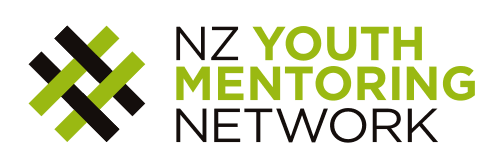Evidence for the social impact of mentoring
Collecting evidence about mentoring - as for many social programmes - can be difficult. It is often in the form of personal stories, harm avoided (rather than recorded), and lives enriched. These are difficult things to quantify. All the same there have been several studies across the youth sector and in academia that back our first-hand experience of mentoring as an overwhelmingly positive service.
Social Return on Investment (SROI)
The concept of SROI is used increasingly across social services in Aotearoa. SROI reports into a number of mentoring services have been carried out by ImpactLab.
Academic research
Alongside contemporary efforts to understand the impact of investing in social services such as Youth Mentoring, there is a body of academic research that shows a generally consistent pattern of the positive effects of mentoring on reducing crime and increasing academic performance alongside other positive social outcomes. While these effects are mild when taken overall, we know that some programmes are more effective than others. This can have to do with the level of training & resources that mentors can access, how culturally appropriate the mentoring is, its duration, and the impact of other social factors outside of the programme's control.
This understanding has been a significant driver behind our programme to improve the quality, safety, and efficacy of mentoring programmes in NZ through our mentoring workshops.
We've brought together links to some of those key studies here.
(Keep in mind that a login is required to access some academic websites.)
Feedback from our workshops
Workshop evaluations
We gather comprehensive evaluation information from our workshops so that we can continually improve them.
Statistics gathered from the Strengths-Based Skills for Youth Mentoring workshops over a 1 year period (at which over 200 youth workers, collectively, received training) show:
A self-evaluated improvement of 25% in their Strengths-Based knowledge and skills, and their ability to apply this to their work.
An overall approval rating for the workshops of 4.7 our of 5, or 95%.
In their own words:
"I'm excited to share what I've learned with my team. You're doing amazing work!"
"Awesome korero today! Great tools, resources & information!"
"Very well done & presented. Would have loved to spend even more time!"
"So many practical applications for a Strengths-Based approach!"

